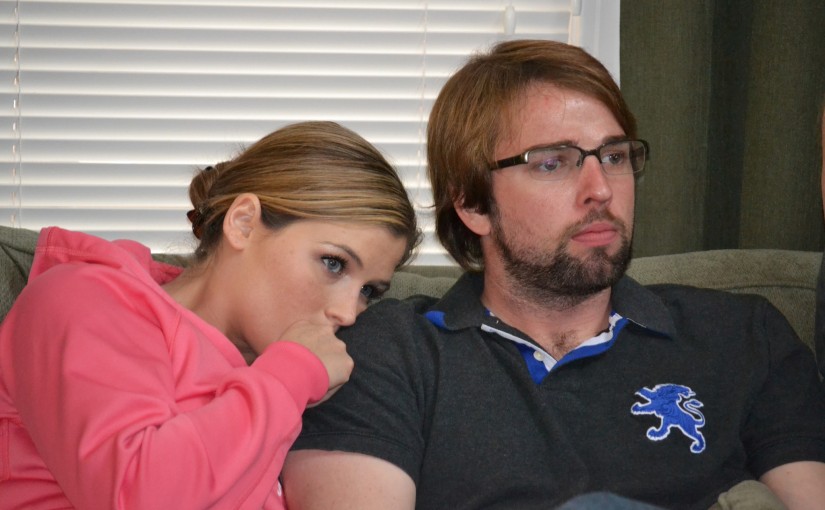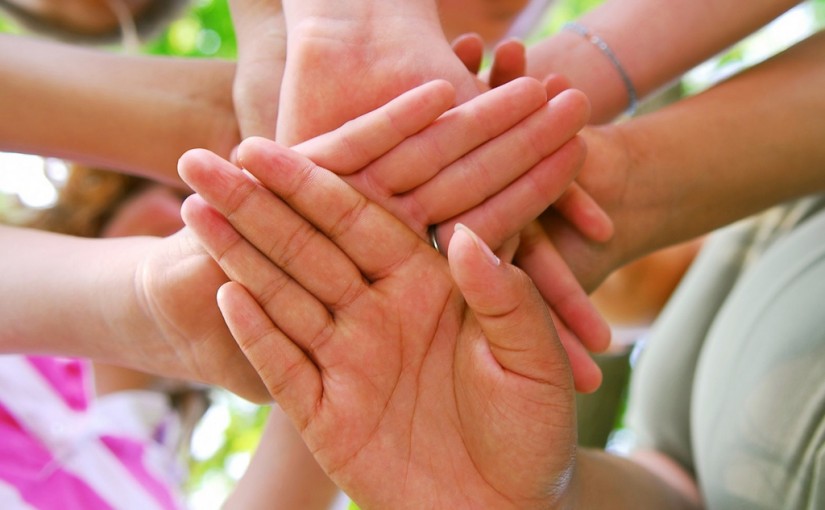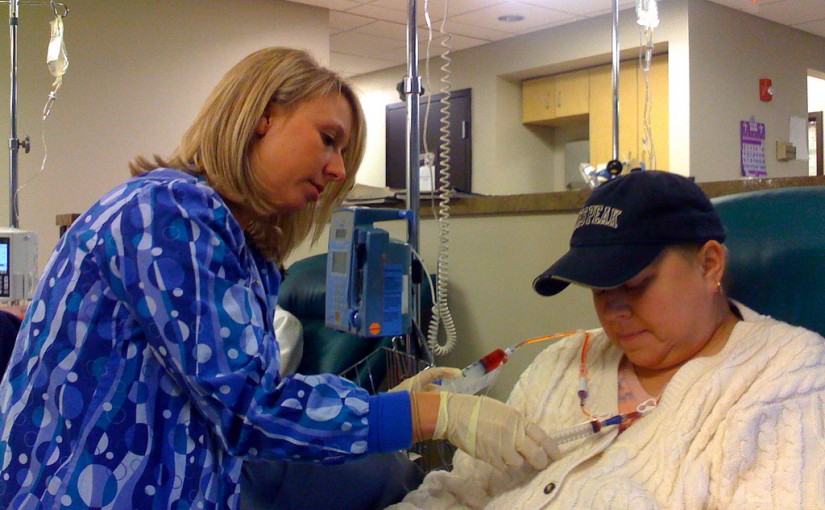Tag: Cancer Awareness
-

Supporting a Loved One Through Breast Cancer
When you have a loved one who is diagnosed with breast cancer, it is often hard to know how to help. You may feel lost, hurt, angry or fearful while feeling you have to keep it together for them because they are going through so much. Knowing what to say can also be hard, as…
-

Childhood Cancer Fact Sheet
A cancer diagnosis is always distressing, but it can be especially heartrending when the patient in question is a child. There are some notable differences between cancers in children and cancers in adults. Here are some key facts about childhood cancer: Children make up less than 1 percent of all cancer diagnoses each year.…
-

5 Common Cancer Myths
We’ve come a long way in how well we understand cancer, its risk factors, and how to fight it. But as awareness grows, so has misinformation. There are a lot of myths out there about what cancer is, its risk factors, and its treatments. Let’s set the record straight. Here are five of the most…